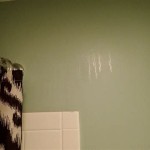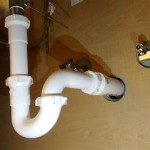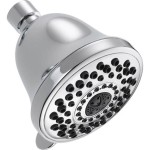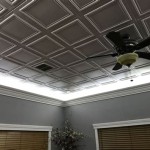Mold Growing On Bathroom Tiles: Causes, Prevention, and Removal
Bathrooms are inherently humid environments, making them prime breeding grounds for mold. Mold spores are microscopic organisms that thrive in warm, moist conditions and can grow on various surfaces, including bathroom tiles. While not all molds are harmful, some can cause health issues, such as allergies or respiratory problems.
Understanding the causes of mold growth on bathroom tiles is crucial for prevention and removal. Several factors contribute to mold growth, including:
- Excessive Moisture: Bathrooms generate a lot of moisture through showers, baths, and humid air. If not properly ventilated, this moisture can condense and create a favorable environment for mold growth.
- Poor Ventilation: Bathrooms should have adequate ventilation to remove excess moisture. Blocked or insufficient exhaust fans or open windows can trap moisture, leading to mold growth.
- Improper Cleaning: Tiles that are not cleaned regularly can accumulate soap scum, dirt, and grime, providing nutrients for mold to thrive.
- Leaks or Water Damage: Leaks or water damage can create a constant source of moisture, promoting mold growth around affected areas.
Preventing mold growth on bathroom tiles involves addressing the underlying causes. Here are some effective measures:
- Improve Ventilation: Ensure proper ventilation by using exhaust fans during and after showers or baths. Open windows when possible to allow air circulation.
- Regularly Clean Tiles: Clean bathroom tiles frequently with a mold-killing cleaning solution. Use a brush to remove soap scum and dirt from grout lines.
- Address Leaks: Inspect bathroom fixtures and pipes for any leaks and repair them promptly. Fix any water damage that may have occurred to prevent mold growth.
- Use Mold-Resistant Products: Consider using mold-resistant tiles or grout during bathroom renovations or tile replacements.
If mold does grow on bathroom tiles, prompt removal is crucial to prevent health issues and further spread. Here are steps for effective mold removal:
- Ventilate Area: Open windows or use a fan to create good ventilation before starting the cleaning process.
- Use a Mold-Killing Solution: Apply a commercial mold-killing cleaner to the moldy areas and follow the instructions carefully.
- Scrub Tiles: Use a brush or sponge to scrub the tiles, focusing on grout lines and corners where mold tends to accumulate.
- Rinse Thoroughly: Rinse the tiles with clean water to remove the cleaner and any remaining mold spores.
- Dry Completely: Allow the tiles to dry completely before using the bathroom again to prevent mold regrowth.
Preventing and removing mold growth on bathroom tiles is essential for maintaining a healthy and clean bathroom environment. By understanding the causes of mold growth and implementing effective prevention and removal measures, you can keep your bathroom mold-free and enjoy a cleaner, safer space.

How To Tell If There Is Mold Behind Shower Tiles Nationwide Restorations

Mold In The Shower Causes How To Clean It Environix

I Found Mold In The Bathroom What Should Do

Ways To Prevent Mold In Bathrooms Forbes Home

Mold In The Shower Causes How To Clean It Environix

What Do About Black Mold In The Bathroom Bob Vila

The Top 4 Causes Of Bathroom Mould How To Get Rid It

Is Mold Lurking Under Your Tile Bathtubber

How To Know You Have Mold Growing Behind A Bathroom S Drywall

Bathroom Mold How To Identify And Get Rid Of In Environix
Related Posts







